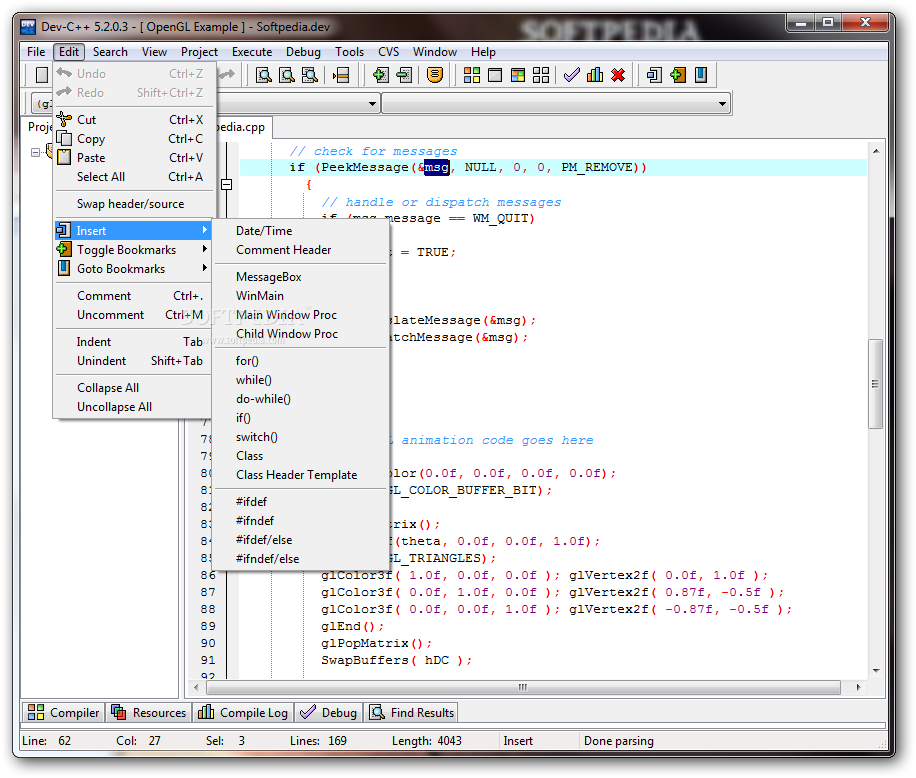Make sure your compiler executable is in your platform path so the extension can find it. You can check availability of your C tools by opening the Integrated Terminal ( Ctrl+`) in VS Code and try running the executable (for example g -help ). Steps to Install DEV C on Windows OS. This is a 9 MB file approx. Double click the executable file. Start the installation by clicking Next button. Choose the destination folder and install it. Once the installation is complete, go to My Computer Properties Advanced System Settings Advanced.
hello altogether,
my name is Wolfram Pagels, Berlin, Germany
my status is :retired but enthusiastic c++-fan;
I use Dev-C++ since 3 month ago; in the 70th I programmed in Fortran;
after a long break I enjoy to learn c++11;
e.g.: the day before yesterday I got the following message from Dev-C++:

- C/C for Visual Studio Code (Preview) C/C support for Visual Studio Code is provided by a Microsoft C/C extension to enable cross-platform C and C development on Windows, Linux, and macOS. Getting started C/C compiler and debugger. The C/C extension does not include a C compiler or debugger.
- C runs on lots of platform like Windows, Linux, Unix, Mac, etc. Before we start programming with C. We will need an environment to be set-up on our local computer to compile and run our C programs successfully. If you do not want to set up a local environment you can.
- Mar 07, 2020 This video will guide you through step by step instructions on how to install and set up Visual Studio Code (VS Code) for writing C programs on.
How To Set Up A Compiler Dev C Download
My second question to you: * h o w to enable (these) options at my installed and running actual mingw compiler as part of Dev-C++ IDE ?
Thank you in advance for your time, Output routing traktor pro 2.
yours sincerely
Free C Compilers For Windows
- 4 Contributors
- forum 3 Replies
- 3,585 Views
- 23 Hours Discussion Span
- commentLatest Postby Ancient DragonLatest Post
mike_2000_172,669
Well, the answer to your problem (but not to your question) is to change your IDE. Dev-C++ is far too old to support C++11. The MinGW GCC version that ships with Dev-C++ is version 3.4.2, which is really old. Decent support for C++11 starts roughly from 4.6.0, but since it is still experimental, the newer the better. Currently, you can get 4.7.1 version through '>TDM-GCC ports. I recommend switching to '>CodeBlocks, which you can download as an installer that includes TDM-GCC 4.7.1. That should allow you to have decent C++11 support.
C++ Compiler For Windows 10
As for setting compiler options, you typically have to navigate the 'Build Configuration' or 'Project Properties' or similar panels. Usually, you will find a place to put 'custom compiler options' where you can place the exact command-line compiler option (like -std=c++11), that is, if you can't find a checkbox for the particular option you need.